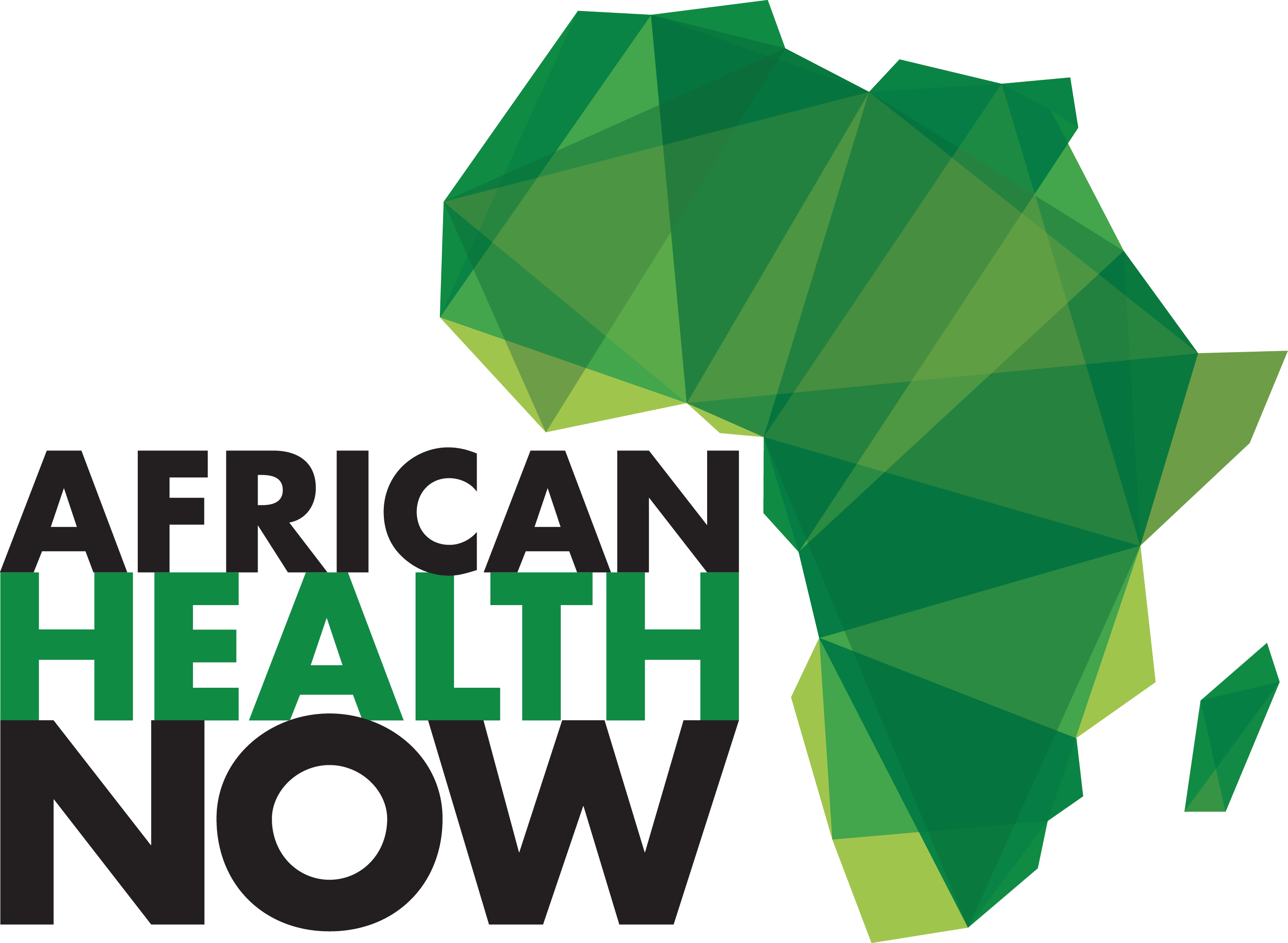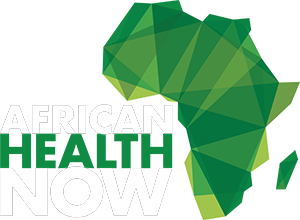A Heart Attack Saves Lives
Written by Brittany Hutson
In 2006, Nana Eyeson-Akiwowo received an urgent phone call from one of her uncles in Ghana: Her 64-year-old father had suffered a heart attack. Eyeson-Akiwowo worked at the time as a bookings editor for a women’s lifestyle publication in New York. As she panicked about her father’s condition, her friend Lanre Kuye–who just happened to be on his way to Accra, where her father lived–sent her an instant message. She told him about her father’s condition, and he volunteered to visit him. When Kuye arrived at the hospital, he found Alexander Eyeson lying on a stretcher in the hallway. He quickly arranged a private room for Eyeson’s care.
Eyeson-Akiwowo later learned that her father had visited the hospital earlier that same day, complaining about numbness in his leg. But his ankle was bandaged and he was sent home. “That kind of nonchalant behavior when my father’s having a heart attack didn’t make sense to me,†she says. “In the U.S., when a 64-year-old comes to the hospital with numbness in the leg, they check for blood clots because [numbness] often indicates a stroke or heart attack.â€
As her father recovered and local community members rallied around him, Eyeson-Akiwowo had an epiphany. She would organize a health fair. According to the World Health Organization, noncommunicable diseases such as cardiovascular diseases, cancer, chronic lung diseases, and diabetes were responsible for 63% of global deaths in 2008. In Ghana, it is estimated that 49,000 men and 36,000 women died from noncommunicable diseases that same year, accounting for 39% of all deaths.
Although she hadn’t thought about healthcare in Ghana before, Eyeson-Akiwowo, with the help of 21 friends, organized the first Gift of Life @ Christmas health fair to thank the community for aiding in her father’s recovery. The fair offered blood pressure screenings, glucose testing, dental consultations, instruction in breast self-examinations, and discussions in healthy living. More than 340 Ghanaians attended, exceeding Eyeson-Akiwowo’s original estimate of 40 to 100. Inspired by the fair’s success, Eyeson-Akiwowo formed African Health Now (www.africanhealthnow.org) in March 2007, after returning to the U.S. Focused on promoting the health and healthcare of people of African descent, the nonprofit provides information and access to resources through conferences, workshops, health fairs, and ongoing programs.
Since December 2006, African Health Now has held five health fairs, each of which attracted 350 attendees and cost around $6,000. Each fair is managed by an average of 25 volunteers who hail from Ghana, the U.K., or the U.S. African Health Now has also partnered with other nonprofits, including the Millennium Cities Initiative Village, which fights to end poverty in Old Tafo, Kumasi (a neighborhood and city in Ghana), and the Enslavement Prevention Alliance West Africa, which combats human trafficking. This year, African Health Now is looking to partner with churches in New York to hold health fairs that target the African immigrant community. “A majority of African immigrants here don’t have health insurance,” says Eyeson-Akiwowo. “A lot of Africans are bringing their health issues from the continent here to the U.S.A. And what of Eyeson-Akiwowo’s father? “He’s doing great.”
____________________________________
Resources to help you start your own organization:
The Foundation Center: Through data, analysis, and training, the Foundation Center (www.foundationcenter.org) provides resources in philanthropy, fundraising, and grant programs for those who are looking to make a difference in their community.
The National Council of Nonprofits: This organization (www.councilofnonprofits.org) offers resources on topics such as starting a nonprofit, reporting to the Internal Revenue Service, and fundraising. You can also search for your state’s nonprofit association, which may offer workshops or referrals to local attorneys and accountants who have nonprofit experience.
IRS: The IRS (www.irs.gov/charities) provides information on important regulations and required provisions to obtain tax-exempt status. Virtual workshops are available at www.stayexempt.irs.gov.
Your local college or university: Eyeson-Akiwowo took classes in nonprofit development and attended seminars at the Center for Nonprofit Strategy and Management at Baruch College in New York. Check your local college or university for classes or seminars.

